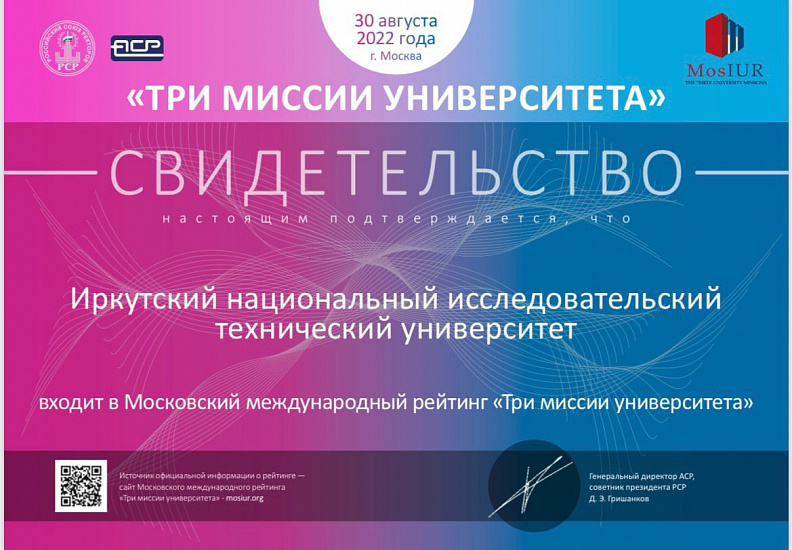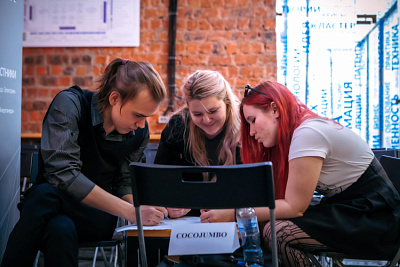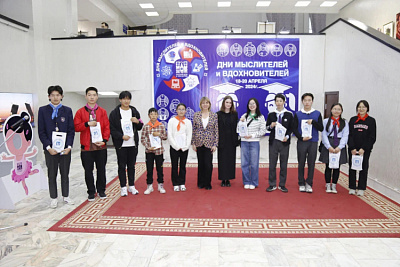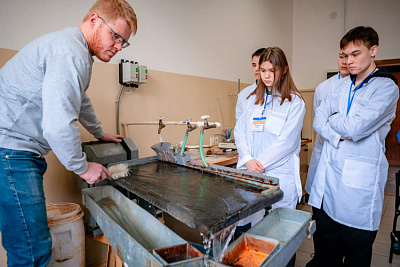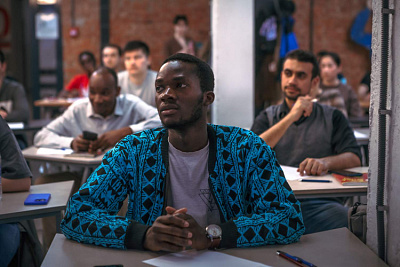INRTU burst into global rating "Three University Missions"
The results of the sixth edition of the Moscow International rating "Three University Missions" were presented at a press conference by TASS on August 30.
In 2022, the number of universities represented in the global ranking "Three University Missions" increased to 1800 from 1650 a year earlier. According to this parameter, the rating is the most representative in the world. The list of the best universities includes universities from 103 countries, including 146 Russian universities.
According to the results of the Moscow International University Ranking "Three University Missions" in 2022, Irkutsk National Research Technical University entered the interval group 1651-1800 of the world ranking and among Russian universities in the interval group 113-146.
In 2022, educational institutions from more than half of the regions and territories of the Russian Federation are represented in the global list for the first time – from 45 regions against 39 regions a year earlier. The largest number of strong Russian universities is concentrated in Moscow: 37 universities, followed by St. Petersburg (13 universities), Tatarstan (6 universities), Tomsk and Tyumen regions (5 universities each). Four universities each represent the Moscow, Novosibirsk, Rostov and Samara regions. From the Irkutsk region, two universities rush into the global ranking – ISU and INRTU.
The Moscow International University Ranking evaluates three key missions of the university: education, science and interaction with society.
The "Education" group takes into account the number of university students' victories at international Olympiads, the share of foreign students in the total number of students, as well as the ratio of the university budget and the number of research and teaching staff to the number of students. Among the criteria of the "Science" group are the number of scientific awards from the IREG list of scientific and pedagogical workers and university graduates, the average citation at the global and national levels, the ratio of research income to the number of scientific and pedagogical workers. The University and Society group is evaluated according to eight criteria, including the number of mass open online courses at the university, data on the size of the Internet audience of its official website and indexing of this site by leading search engines, the number of subscribers in the institution's social network accounts and views of the university's Wikipedia page.
Each of the three groups has its own specific weight when compiling the rating: "Education" — 45%, "Science" — 25%, "University and Society" — 30%
Sources of information in compiling ranking is based on open data of the official websites of universities and national authorities, as well as independent international sources of bibliometric data provider Clarivate; the largest aggregator platforms for online courses Class Central; platform mass education open education (Russia) and icourse163.org (China); public multilingual universal encyclopedia "Wikipedia"; search engines Google, Yandex, Baidu; social network; the company Alexa, one of the world leaders in the field of web Analytics; websites of international Student Olympiads; websites of scientific awards from the IREG List of International Academic Awards.
The formation of the rating "Three missions of the University" was initiated by the Russian Union of Rectors under the regulation of the President of Russia V.V. Putin. The rating operator is the Association of Compilers of Ratings, Rankings and Other Performance Assessments (ASR), whose members are leading rating and research centers. The pilot version of the Moscow International University Rating "Three University Missions" was published in December 2017, the second version of the rating – in November 2018. In 2018, the rating successfully passed an independent audit of PricewaterhouseCoopers Audit, a member of the PwC global network.
Source of information
